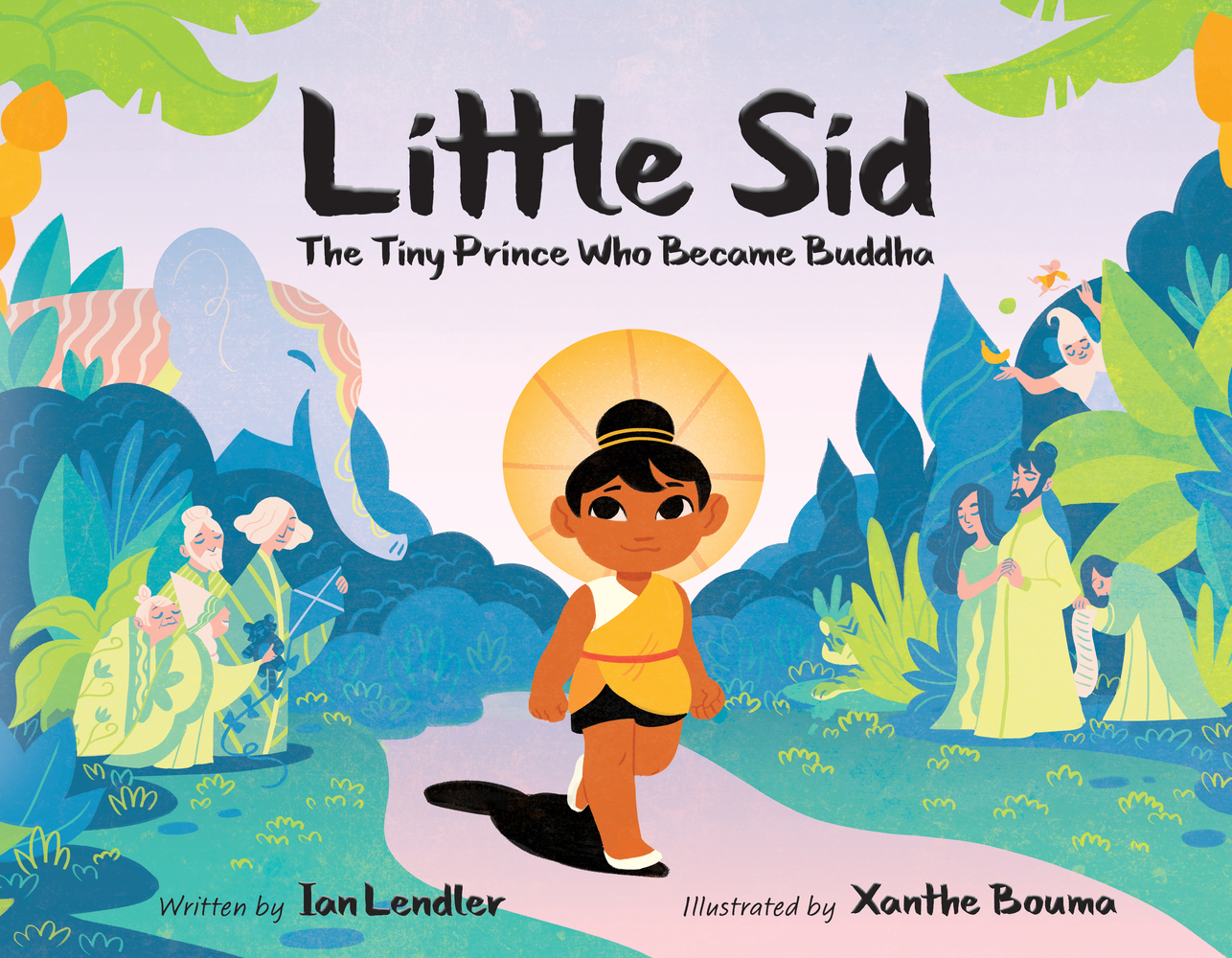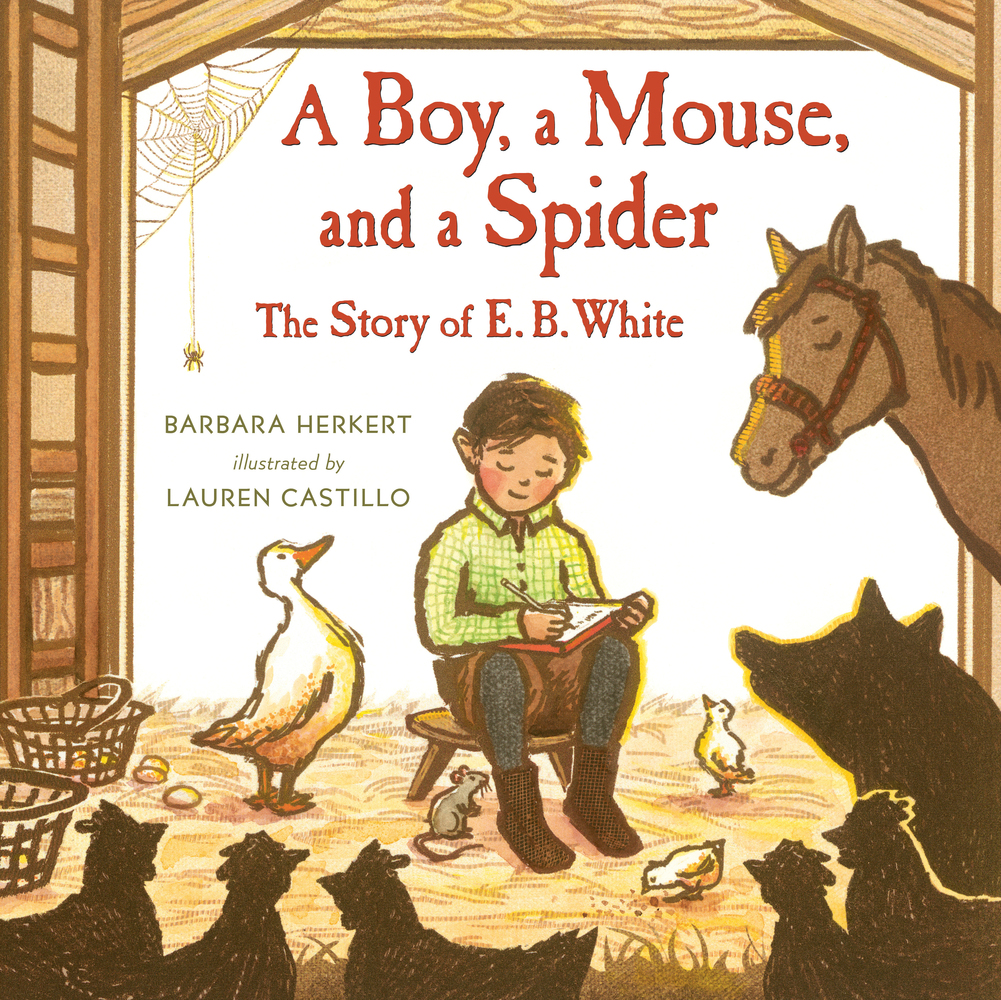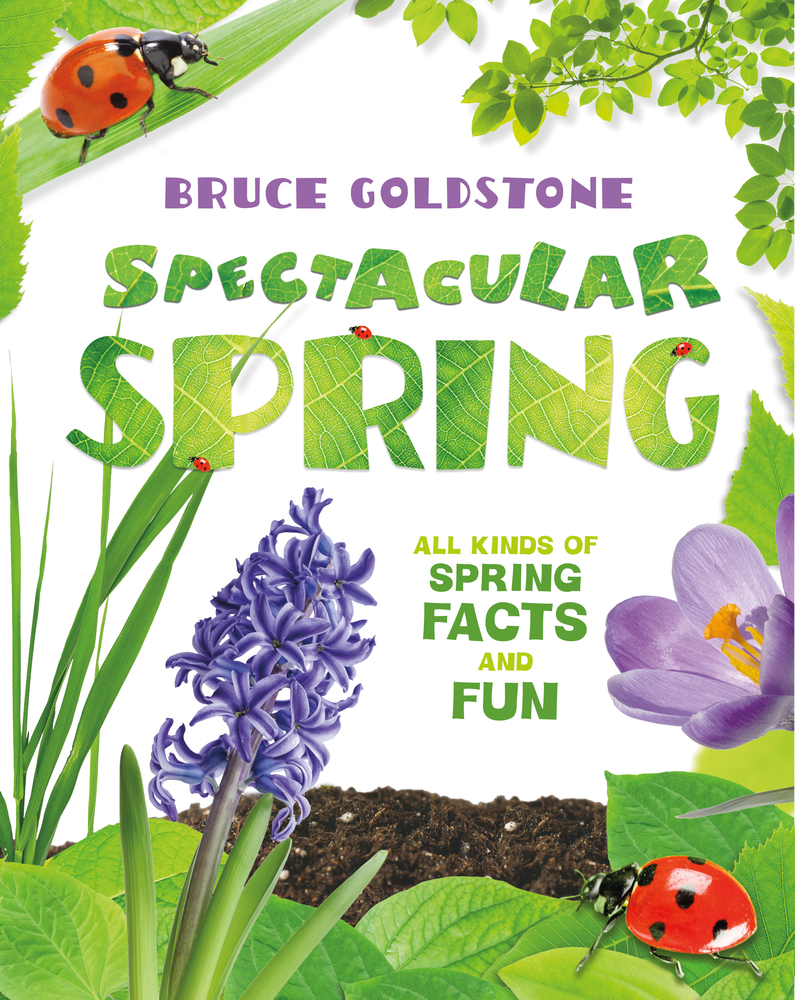
Who Says Women Can’t
be Computer Programmers? The Story of Ada Lovelace by Tanya Lee Stone,
Illustrated by Marjorie Priceman
The true story of Ada, the daughter of Lord Byron, who
excelled in math and wrote about a machine that could do many of the things our
modern day computers can do. Ada was encouraged in math, but not imagination,
by her mother who wanted her to be different from her father, who was a poet,
but very irresponsible. In dreaming of computers, Ada was able to do both use
her math knowledge and her imagination. And we can only imagine if women were
taken seriously in the 1800s, where the computing world would be today!

Little Sid: The Tiny
Prince Who Became Buddha by Ian Lendler, Illustrated by Xanthe Bauma
A biographical book that is told as a fairy tale or perhaps
a metaphor. While Siddhartha Gautama was born a prince, he was unhappy that
others were suffering. He decided to live his life practicing “kind thoughts,
kind deeds and meditation.” In this way, he became known as “the Buddha”
meaning “he who is awake.” A great way to introduce children to the fourth
largest religion in the world.

Marie Curie by
Demi
Imagine life in Poland in 1867, not only are all school
children required to learn their lessons in Russian, girls/women are not
allowed to go to college. For a young girl like Manya Sklodowska, known to most
of us as Marie Curie, this was an unacceptable proposition. Facing many
financial and physical hardships, young Manya still made a deal with her sister
Bronya that Manya would work to put Bronya through college in paris and when
Bronya was finished, she would put Manya through college. With lovely stylized
pictures and vignettes from Marie’s life, Demi tells the story of one amazing
woman. Curie was the first person to win two Nobel prizes and is now only one
of four people to have done so.

Mama Africa! How
Miraim Makeba Spread Hope with her Song by Kathryn Erskine, illustrated by
Charley Palmer
A rather wordy picture book that tells the story of Makeba,
Mama Africa, who sang for the freedom of her people in South Africa. While the
words tell the tale, the illustrations carry the day in this book. Palmer uses
color and light and darkness to indicate tone and mood. His impressionistic
paintings bring the story to life and give us a glimpse into the lives of those
living under Apartheid. There is always room on my shelf for one more book
about a strong woman who made a difference.

Meet Cindy Sherman:
Artist, Photographer, Chameleon by Jan Greenberg and Sandra Jordan
A cross between a picture book and a short chapter
biography, this tells the story of Cindy Sherman who grew up on Long Island, in
a “normal” household, but somehow the artist in her must come out. Cindy works
on her art in a different way than many people, taking pictures of life around
her, but also manipulating the life around her to then take pictures. One
clever thing here is that children were asked to view some of her photographs
and give their opinion. Reading the ways these children interpret Sherman’s art
is a great way to get a new view on art.

Antsy Ansel: Ansel
Adams, A Life in Nature by Cindy Jenson-Elliot, illustrated by Christy Hale
Renowned for his photography, Ansel Adams was a busy young
man. As Jenson-Elliot writes, he sounds like a boy who would be identified as
ADHD today. But, back in the day, he was taken out of school and allowed to
learn on his own time. Look at the result. This book is not just valuable
because it tells the story of a famous man. It is valuable because it tells us
how to treat boys who are antsy to get the best results, a lesson for both
parents and teachers! I love both the illustrations and the writing in this
book, an all-around winner!

A Boy, a Mouse and a
Spider: The Story of E. B. White by Barbara Herkert, illustrated by Lauren
Castillo
Are you one of the millions of people who love Charlotte’s Web and Stuart Little? Here is the story behind the story. What inspired E.
B. White to write these beloved books for children? While Herkert goes into details
about what White was like as a child, she glosses over his adult life. What was
he like as a father? Why did he leave New York for Maine? How did he spend his
time when he wasn’t writing children’s books. Although there are many unanswered
questions, the story of White’s childhood and the gentle, soft illustrations
draw you in just like White’s own stories did.

Brave Jane Austen:
Reader, Writer, Author, Rebel by Lisa Pliscou, Illustrated by Jen Corace
What is it about Jane Austen that makes so many generations
of readers love her? Is it that she wrote about real women in a time when so
many did not write about women or if they did, they wrote about the idealized
version of a woman that even those who lived in the 1800s would not recognize
her? Or perhaps it’s just because she is one of the greatest authors who ever
lived! Pilscou has examined Austen’s background and written a picture book
biography that is accessible to third grade and above. Let’s hope this will
whet the appetite of a new generation of Austen lovers!

Spectacular Spring:
All Kinds of Spring Facts and Fun by Bruce Goldstone
Here’s the book that tells all about spring, what does it
look like, smell like, sounds like? What holidays do we celebrate in spring?
Wat are animals doing in spring? Goldstone has answers for all of these
questions and more. He even includes some great crafts for spring. Have fun!

On the Farm, At the Market by G. Brian Karas
Moving from vegetable farm to cheese dairy farm to mushroom
farm and finally on to the market, Karas tells the story of several farmers and
the life they lead getting food to market for us to buy and eat. I especially
like the last line: “Anyone who thinks farming is a simple job should talk to a
farmer—and then say “thank you!”
No comments:
Post a Comment